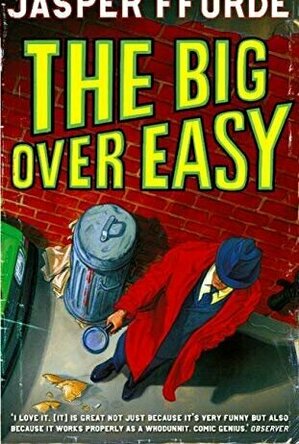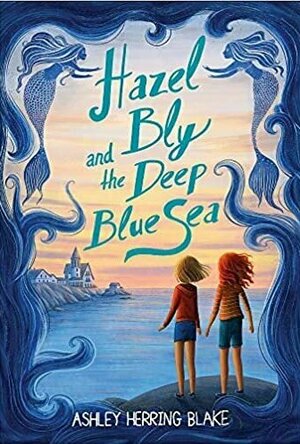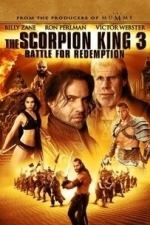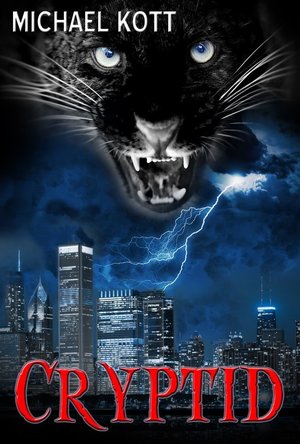
Cryptid
Book
Cryptozoologist Mike Kellogg studies the creatures of folklore and legend: cryptids. Some are well...
young-adult
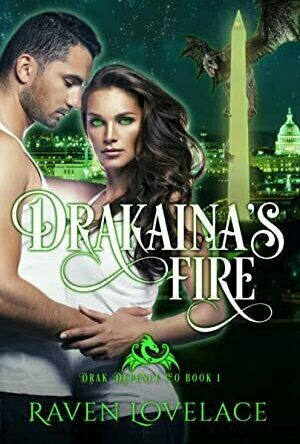
Drakaina's Fire (Drak Defense Co. #1) by Raven Lovelace
Book
Daphne My existence is one of constant danger. I am the oldest, the leader of a race of immortal...
Paranormal Romance Shifters Dragons Fated Mates
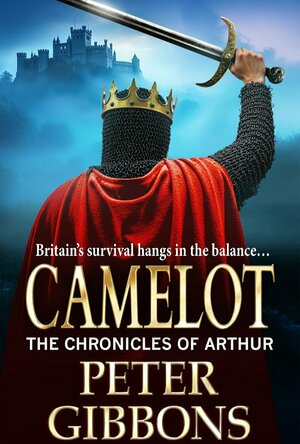
Camelot (The Chronicles of Arthur, #3)
Book
Brand new epic adventure from bestselling author Peter Gibbons! Must-read for fans of Bernard...
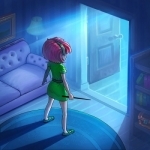
Ghost Town: Mystery Match Game
Games and Stickers
App
Epic journey leads you in abandoned township to help the cute local characters. Exciting plot about...
Phil Leader (619 KP) rated The Big Over Easy (Nursery Crime, #1) in Books
Nov 8, 2019
Investigated by detective Jack Spratt (usefully the name Jack is quite common in nursery rhymes) and his new partner Mary Mary we meet a number of characters from nursery rhymes, songs and myth and legend. As the body count rises Jack and Mary must do what all the king's horses and all the king's men couldn't, and assemble the pieces of Humpty's demise to find the culprit.
The world Fforde creates - a fictional version of the town of Reading (and strongly implied to be the same world that Thursday Next lives in, in the book-within-a-book Caversham Heights) works suprisingly well, perhaps because other than the traits inherited from their nursery rhymes the characters are otherwise conventional. So Jack can't eat any fat and is destined to sell something for beans, but at the core is a straightforward detective.
This contrasts with, say, The Hollow Chocolate Bunnies of the Apocalypse by Robert Rankin which again is a detective story populated with nursery rhyme characters (and poor Humpty is again a victim, but in a very different murder) where the setting is in Toyland so doesn't have the grounding of reality that The Big Over Easy does.
The plot itself is very complex - there are red herrings, theories and suspects galore - and Fforde enjoys playing with the reader as much as with Jack. And there is of course humour aplenty, both simple gags from the story and characters and also some good knowing winks to the reader when events mirror the characters' nursery rhymes. Above all Fforde never forgets that this is after all a detective novel.
Probably not quite as good as the Thursday Next books but definitely a good read and will entertain from the first to the last page.
Kristy H (1252 KP) rated Hazel Bly and the Deep Blue Sea in Books
Jul 8, 2021
"Now it's two and one, with me as the odd one out."
Oh this book is excellent-- an absolutely stunning read, which captures grief and loss so viscerally. I truly felt traumatized at times on Hazel's behalf. With the death of her Mum, she is so afraid something will happen to Peach, or even her Mama, and this fear comes through the pages so strongly. It's heartbreaking. Her fear of being happy again. You just want to wrap this sweet kid in your arms and hug her until everything is okay. Blake writes Hazel so well, and her grief, passion, and emotions come across so well.
Everything in this book is amazing--the magical and whimsical myth of the Rose Maid; the diversity of the characters; and the total acceptance of Hazel's parents being gay and bi. It's not a big deal in this book for parents to be queer or friends to be nonbinary. How wonderful for a YA story.
This is an exceptional tale about family, love, loss, healing, and magic. It made me cry, but it left me hopeful too. It's touching and heartfelt. Highly recommend. 4.5 stars.
Jordan Binkerd (567 KP) rated The Scorpion King 3: Battle For Redemption (2012) in Movies
Oct 27, 2019
-The Mummy Returns: At the end of his life, the Scorpion King leads an army to take over and subjugate the world, aided by Anubis, which proves that the Egyptian gods are, you know, gods.
-The Scorpion King: Mathayus is ostensibly the last living Akkadian, and leads a revolt against an evil king who....wants to take over and subjugate the world. Some tragic irony there, knowing where he ends up.
-The Scorpion King II: Rise of a Warrior: There's a whole kingdom of Akkadians, and Mathayus leads a revolt against the general who killed both his father and the rightful King, usurping the throne. Given that just a decade or two later the entire race has been wiped out, maybe putting the rightful heir back on the throne didn't end well?
Which brings us to this movie, featuring numerous human characters with the names of the Egyptian pantheon (maybe named in homage to their gods, but it feels like the idea is that these men will be mistaken for God's by myth and legend) and doubles down on the "conquest is evil" theme. Mathayus has lost his queen and kingdom from the first film to plague, reduced to being a mercenary again. The action primarily happens in Egypt and.... Cambodia? Vietnam? Thailand? Somewhere around there, with little explanation of how the characters go that distance. This just makes the whole thing more inconsistent and convoluted. I shudder to think about the damage the next one will do....
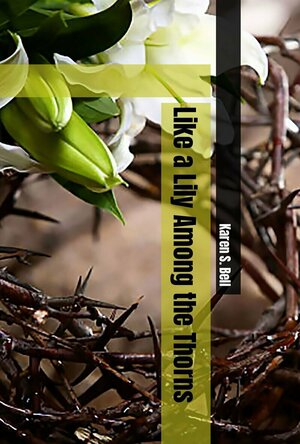
Like a Lily Among the Thorns
Book
There are those who are born into loving families and then there are the less fortunate who must...
Climate Fiction Speculative Fiction Fantasy
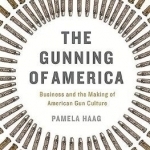
The Gunning of America: Business and the Making of American Gun Culture
Book
Americans have always loved guns. This special bond was forged during the American Revolution and...
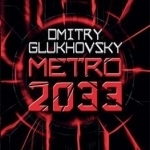
Metro 2033
Book
The year is 2033. The world has been reduced to rubble. Humanity is nearly extinct. The...
